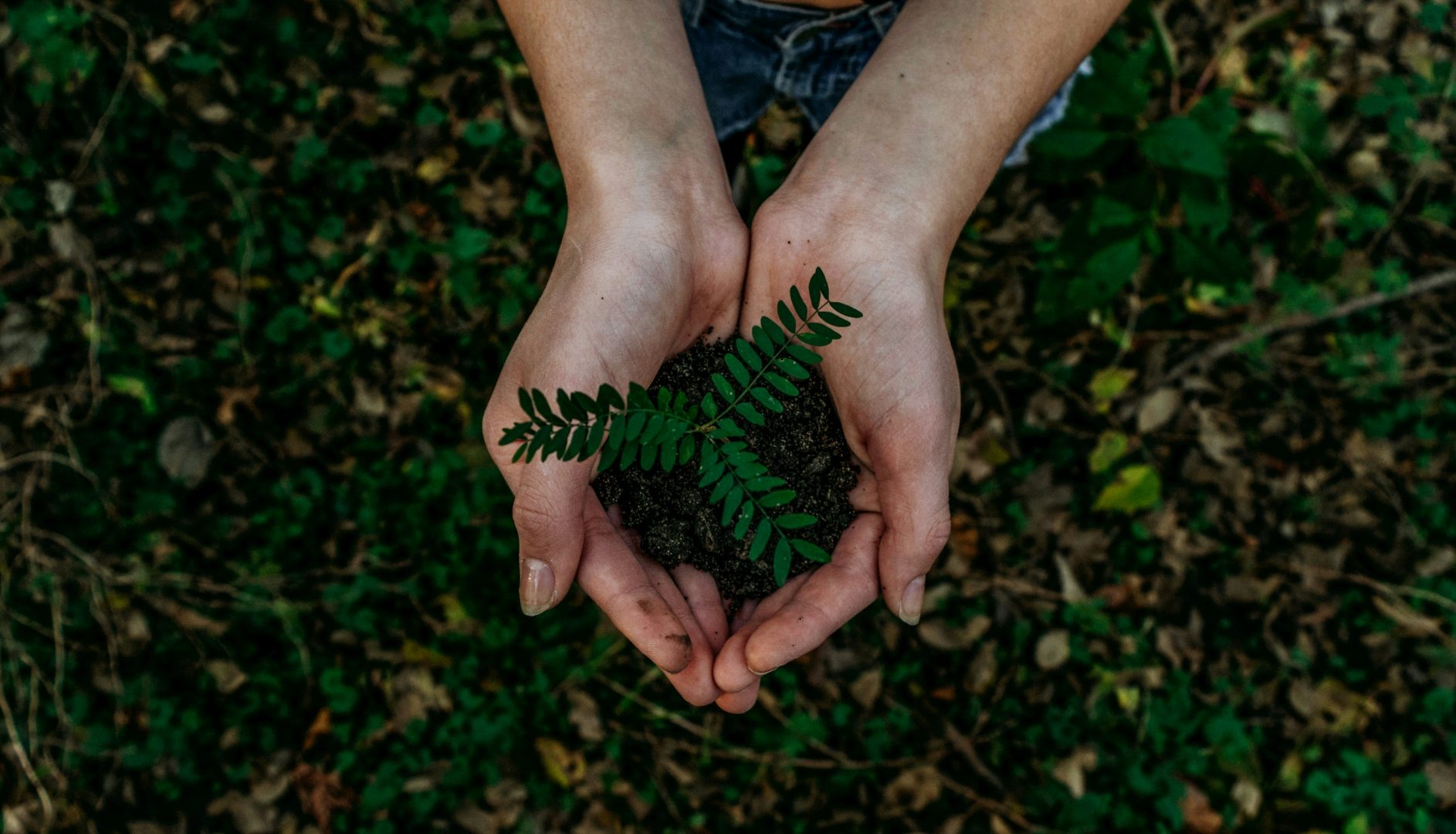As we commemorate Earth Day, it’s important to hear directly from leaders working on the frontlines of changing how we care for not just our physical environment, but life that inhabits it. So, we sat down with Thalia Yarina Cachimuel (she/her, Kichwa-Otavalo), Director of Philanthropic Networks at NDN Collective to discuss the importance of this annual event, especially for indigenous communities.
A current student at the Harvard School of Education, Thalia’s professional career has been rooted in the realm of reimagining philanthropy, uplifting BIPOC organizations, and advocating for Indigenous communities through political policies.
This written conversation has been edited for clarity.
Suhasini: Thank you for sitting down to share this Earth Day. Can you tell us a little bit about NDN Collective’s work and mission?
Thalia: NDN Collective is a national Indigenous-led movement infrastructure organization dedicated to building Indigenous power. Our team ecosystem is made up of interrelated strategies working in tandem toward our shared vision and mission. NDN Collective operates under the three pillars of Defend, Develop, and Decolonize.
On Earth Day, NDN Collective honors the Indigenous land defenders and water and environmental protectors who put their lives on the line to protect Mother Earth.
Indigenous Peoples account for 5% of the global population yet safeguard 80% of the world’s biodiversity through traditional ecological knowledge. Today and every day, Indigenous Peoples, communities, and Nations’ fight to be free from oppressive systems. Our mission at NDN is to “build the collective power of Indigenous Peoples, communities, and Nations to exercise our inherent right to self-determination, while fostering a world that is built on a foundation of justice and equity for all people and Mother Earth.”
Suhasini: If you could ask anything of your philanthropic partners this time, what would those asks be?
Thalia: To our philanthropic partners, we ask that our mission be supported by centering grassroots and movement-led organizations that are on the frontlines working to protect Mother Earth.
Suhasini: Can you give us some examples of work already being done on the frontlines by Indigenous peoples to combat the climate crisis?
Thalia: LANDBACK, Stop Cop City, and supporting the Mineral Withdrawal in the Ȟesápa are just a few examples of how our frontline movements are working to protect our sacred lands. LANDBACK, in particular, is a long-standing movement that has existed for generations with a legacy of organizing and sacrifice to get stolen Indigenous lands back into Indigenous hands. This movement ensures that the rightful stewards of the land have complete autonomy and control over their prospective territories, as we are the experts in how to care for La Tierra. When we support the infrastructure of Indigenous-led solutions to the climate, such as LANDBACK, it benefits all people.
Suhasini: What is the approach towards protecting La Tierra and how essential is Indigenous wisdom to that approach?
Thalia: The approach to understanding how essential Indigenous wisdom is with regard to climate change is multifaceted and intersectional. Some of our suggestions:
Support Indigenous-led initiatives. Encourage partnerships and collaboration across sectors. Recognize that we as Indigenous people have a sacred relationship with our ancestral homelands. Therefore, hold the most critical position in the management of climate, biodiversity, and the environment. Move mutual aid funds to grassroots community-led organizations. Prioritize General Operating support. Implement trust-based philanthropy in practice, not just in promise. Center Indigenous solutions to the impending climate crisis will be the way forward.
Indigenous perspectives are often overlooked and intentionally excluded, despite the fact that Indigenous environmental defenders assume some of the greatest risks in undertaking this deeply challenging and spiritual work. Recently, NDN Collective launched the Indigenous Climate and Just Transition Fund – a major philanthropic endeavor to ensure that Indigenous-led frontline organizations are prioritized in federal investments such as the Inflation Reduction Act. NDN Collective will use the Fund for regranting, fund matching, technical assistance and capacity building to help frontline organizations apply for IRA grants, and more. Ensuring Indigenous Peoples have direct access to climate finance globally and safeguarding their rights in fund development and evaluation are essential.
Suhasini: Any last remarks to leave with us – the philanthropic sector – this Earth Day?
Thalia: We, as a sector, must be committed to the ongoing fight for environmental justice, Indigenous sovereignty, and a sustainable future. As we reflect on the interconnectedness of all life on Earth, let us remember that our actions shape the world we live in. Together, we hold a sacred responsibility to protect and preserve Mother Earth for generations to come.
Let it be known, Earth Day for Indigenous Peoples around the globe is every single day.
Additional Resources
Thalia Yarina Cachimuel (she/her, Kichwa-Otavalo) is the Director of Philanthropic Networks at NDN Collective. Thalia’s professional career has been rooted in the realm of reimagining philanthropy, uplifting BIPOC organizations, and advocating for Indigenous communities through political policies.
She is the curator of “The Fight to Free Leonard Peltier – Honoring Indigenous Culture & Heritage” and “Free Leonard Peltier” political advocacy exhibitions.
Thalia is an alumnus of the Fellowship for Emerging Leaders in Public Service at NYU Wagner and holds a Bachelor of Arts Degree in Human Services from Northeastern University. She is currently a student at the Harvard Graduate School of Education.















































































































































































































































































































































































































Leave a Reply